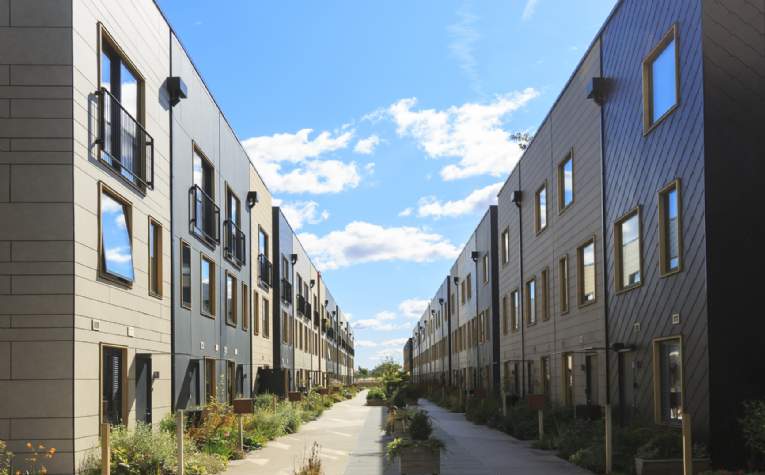At the end of last year, the European Union (EU) took decisive steps to introduce comprehensive directives targeting data centres which will ultimately increase transparency and attract more investors to the sector.
The Energy Efficiency Directive (EED) aims to reduce energy use in Europe by 11.7% by 2030 to help meet the EU Green Deal goal of a 55% cut in carbon emissions by that same date. Under the EED, which came into effect on 15 May 2024, the first step will be mandatory reporting of energy use and emissions from data centres larger than 500kW in the bloc.
The requested data should notably encompass floor area, installed power, data volumes, energy consumption, Power Usage Effectiveness (PUE), temperature set points, waste heat utilisation, water usage, and use of renewable energy and cover the period starting from May 2023. This reporting mechanism will provide crucial insights into data centre energy performance, enabling policymakers to devise targeted strategies for optimising energy consumption and reducing environmental footprint. Simultaneously, the EU is laying the groundwork for establishing a comprehensive scheme aimed at rating the sustainability of data centres. This scheme aims to offer standardised metrics for assessing the environmental impact of data centres and empower consumers and stakeholders to make informed decisions based on sustainability criteria.
By holding data centre operators accountable for their energy consumption and efficiency, the EU aims to accelerate innovation towards greener infrastructure, ultimately leading to reduced carbon emissions and mitigating the environmental impact of digital infrastructure. In light of the latest Uptime Institute survey, this new regulation could catch a large number of data centre operators off guard. According to their Global Data Center Survey 2023, most colocation operators track established metrics such as power consumption and PUE. Only a minority of colocation providers report water use, carbon emissions, waste disposal schemes or equipment life-cycle data.
The boom in the data centre sector has not gone unnoticed. It attracts a growing number of investors who are completely new to the industry and need to understand it better. However, the current lack of accurate data on the sector to assess its growth potential and risks is a hindrance. Improved market transparency reduces information asymmetry, increases investor confidence, and leads to more efficient pricing and lower perceived risks. Consequently, enhanced transparency through the latest regulation is likely to boost trading activity in the long run.






.jpg)
.jpg)

